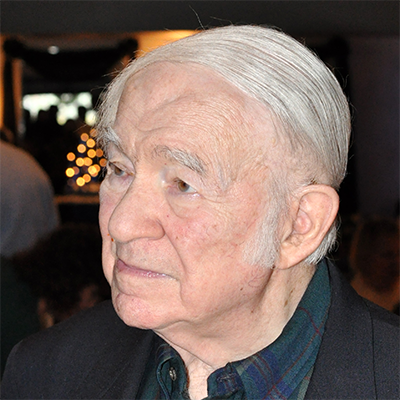 In the Delhi Station
In the Delhi Station
Time, and the train to Agra,
a dualism: the one moving,
the other still.
I sit in the compartment car
and touch the polished wood.
It is so smooth, rubbed
by the numb thumbs
of the dead hundreds.
Out from its deep grain glow
the eyes of lost Englishmen;
now I see my own eyes start
for a moment
in the deep wood's heart.
The wooden panels are mirrors:
I can see the station
in their polished planes
and the people in crowds
burst through daylight.
An old man, his white skirts
tucked up between his bony thighs,
whispers his goodbyes
to a sweet, brown girl;
she is silent,
but her sari speaks villages:
thatched mud hut,
mute buffalo.
A jobless worker, who will not work
at lesser tasks, basks on bags of rice;
his dark Dravidian skin
is oiled by the sun
and polished in the wood.
The train starts, jumps,
but only starts and jumps;
it does not move,
nor will it in this hour.
Yet, time passes,
and the turbaned bearers,
inevitable,
destined in their being
as the sun rising, pass too.
The wood brightens, the images fade;
I turn to see through windowpanes
the sun blow up the station,
and I am shot with light.
All things widen the eye;
the windows magnify:
turbans, saries, skirts, skin
explode in furious geysers,
flood and flow together
in gypsies of design.
They threaten to swallow up the eye.
Time stops, dead on the track;
I can hear the crack, crack
of waiting hearts
startle the listening love.
The old man and the brown girl
grow to towers above the train;
the sunny worker stretches long
over thousands of rice bags;
the turbaned bearers boom,
magnificent mountains
filling the sky.
What a substance devouring space!
I can taste life in my hand's palm
a delicious mango, delicate yet bold.
And I am mad with color,
mad with flesh and sweat,
with stench and noise and love
rolled up together in the sun
and caught in my senses' seine.
But the train starts, steams,
rears once, bucks, breaks;
time grinds down the track,
and we are off to Agra
and the Taj Mahal.








